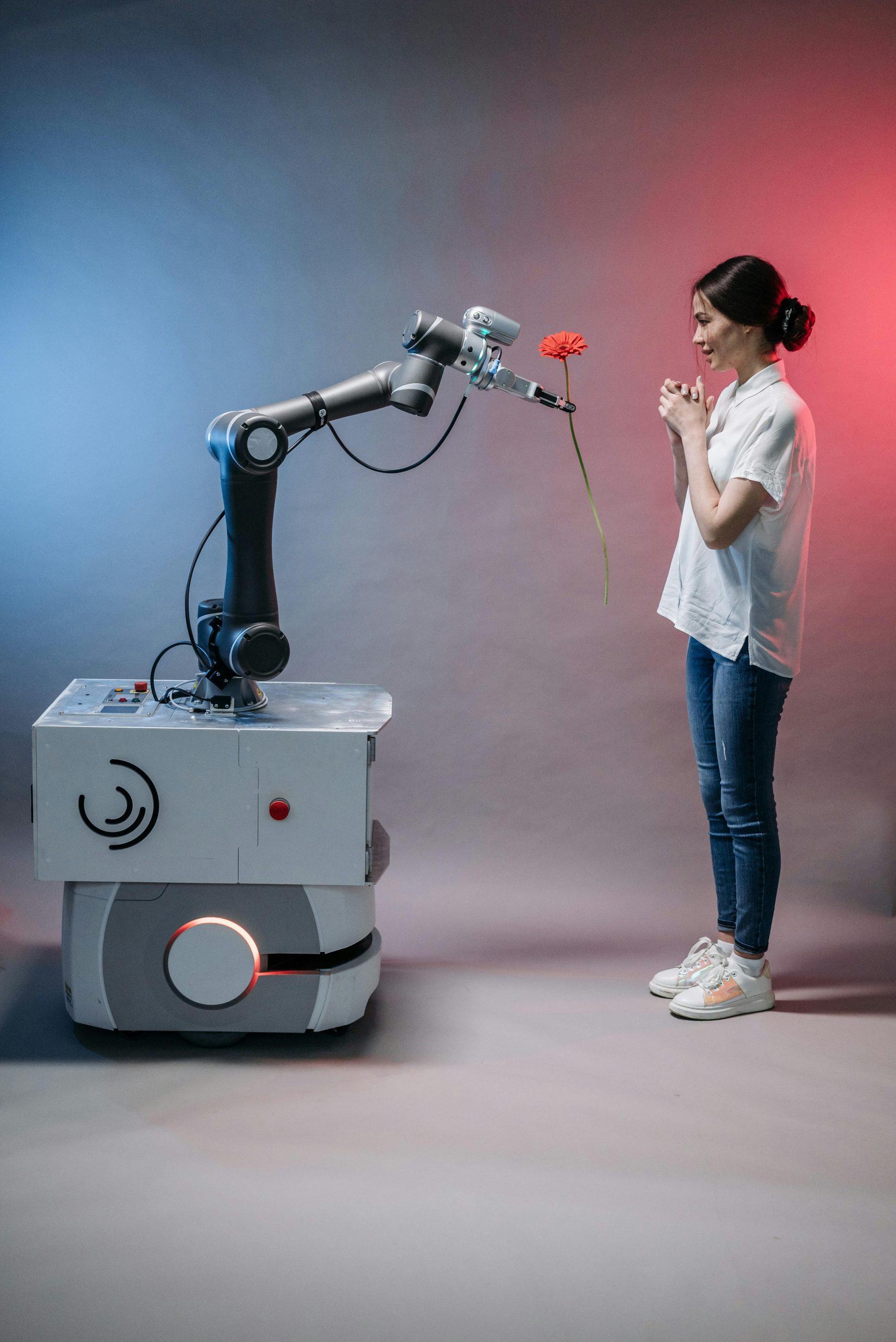Will the so-called “bullshit jobs” in corporations vanish first if AI is set to replace human jobs?
Understanding the Impact of AI on the Future of Different Job Sectors
As artificial intelligence continues to evolve and integrate into various industries, many are speculating about which jobs might become obsolete. A common question arises: if AI has the potential to replace human labor, should we expect so-called “bullshit jobs”—positions often criticized for their lack of tangible productivity—to vanish first?
Defining “Bullshit Jobs”
Positions such as project managers, corporate consultants, and certain administrative roles are often labeled as “bullshit jobs” because they primarily involve tasks like preparing PowerPoint presentations, responding to endless emails, and attending unproductive meetings. Critics argue that these roles lack meaningful contribution and therefore could be among the first to be phased out in an AI-driven workplace.
Why Certain Roles Might Disappear Before Others
This brings up an interesting paradox: if automation and AI threaten jobs based on their perceived productivity, shouldn’t these administrative and managerial roles, which are sometimes seen as non-essential, be eliminated first? Conversely, roles that involve physical labor, such as housekeeping or factory work, may be expected to persist longer due to their tangible nature.
The Role of Educational Backgrounds in Job Vulnerability
Another intriguing aspect is why some degrees appear more susceptible to automation than others. For instance, fields like humanities, languages, design, or computer science are often debated in terms of job security amid the rise of AI. In contrast, qualifications in economics, finance, or administrative management tend to be viewed as more resilient.
Understanding these differences involves examining how AI can replicate or augment certain cognitive skills. Professions heavily reliant on specialized knowledge, creative thinking, or intricate human interaction may better withstand automation. Meanwhile, routine tasks associated with administrative or financial roles might be more vulnerable due to their structured, rule-based nature.
Conclusion
The discourse surrounding AI’s impact on employment complexity is ongoing. While some jobs are clearly at risk, others may evolve or adapt rather than disappear entirely. Recognizing which roles are susceptible and understanding the underlying factors can help individuals and organizations prepare strategically for the future of work. As technology advances, adaptability and continuous learning will be key to navigating this shifting landscape.














Post Comment